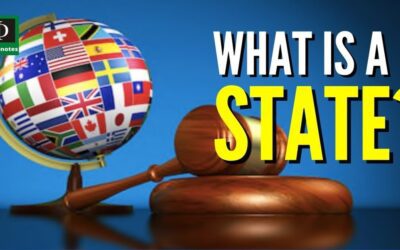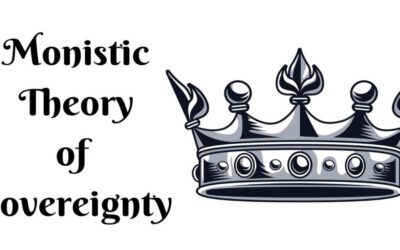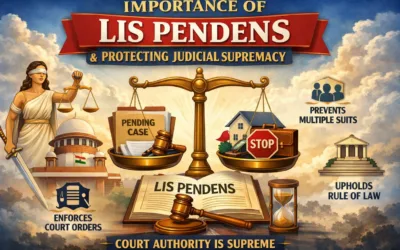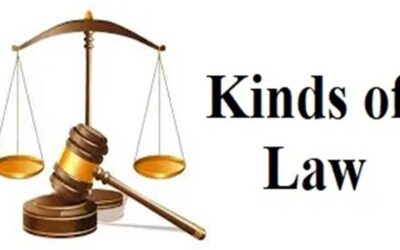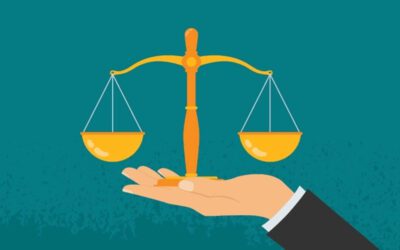Introduction to Political Science
Scope of Political Science: A Comprehensive Overview
Explore the broad scope of political science and its evolving boundaries through key contributions and perspectives.
Meaning of the State
The state is the foundation of political science, providing structure for governance and society. From Aristotle’s “polis” to Machiavelli’s modern idea, it has evolved to maintain order, resolve conflicts, and support growth. The state is central to understanding governance and human interaction in organized societies throughout history.
Monistic Theory of Sovereignty
Explore the Monistic Theory of Sovereignty, emphasizing its view that sovereignty is solely concentrated within the state.
Theories of Sovereignty
Explore the theories of sovereignty, focusing on monistic and pluralistic approaches to state power and authority.
Lis Pendens
Learn the doctrine of Lis Pendens in Indian law with simple explanations and its relevance in property, service, and recruitment disputes.
Kinds of Law
Laws form the backbone of any civilized society, ensuring harmony, justice, and order. Legal systems across the globe categorize laws into various types to address different facets of life, governance, and relationships. Understanding these categories is crucial for comprehending the structure and functioning of any legal system. Here’s a detailed look at the major types of laws:
Meaning of Freedom
Freedom is a multifaceted concept, deeply rooted in human society and individual experience. The term “liberty” originates from the Latin word liberi, meaning freedom. In a broad sense, freedom can be understood as a state of being free from restrictions, anxieties, and any form of oppression. The word for liberty is translated as “Freedom,” reflecting a universal aspiration for autonomy and self-determination. However, true freedom is not merely the absence of limitations; it encompasses the ability to act in ways that do not infringe upon the freedom of others.
Types of Equality
Equality is a key pillar in shaping fair societies and democratic governments. Over time, political scientists and scholars have classified equality into various types to address the diverse ways people interact within societal structures. H.J. Lasky, in his book A Grammar of Politics, divides equality into political and economic aspects. Similarly, Ernest Barker talks about legal and social equality, while Lord Brace identifies civil, political, and social equality. Below is a deep dive into the different forms of equality and how they influence society today
Meaning Of Justice
Justice is a concept that has intrigued and puzzled philosophers, legal scholars, and society at large for centuries. Defining justice in a single sentence is nearly impossible, as it carries various interpretations and applications depending on the context in which it is used. Justice can mean fairness, equality, adherence to law, or even the establishment of a classless, stateless society. Despite the broad spectrum of its meaning, justice is undeniably a fundamental part of political, philosophical, and legal ethics.
Meaning of Rights
In our pursuit of a fulfilling life, family plays a crucial role. A person’s ability to lead a better life in society is intricately tied to having a family. However, it goes beyond just familial ties; a complete human experience requires a full set of qualities—being employable, cooperative, expressive, and adaptable. Without these traits, one risks falling below the dignity of animal existence. Life cannot be truly complete without nurturing relationships and social connections. Moreover, the essence of rights becomes vital in shaping an individual’s personality and ensuring development.
Kinds of Duties: Moral and Statutory
Duties play a crucial role in our lives, guiding our actions and behaviors in various contexts. Broadly speaking, duties can be categorized into two main types: moral duties and statutory duties. Each type serves a distinct purpose in shaping how individuals interact with society and uphold ethical standards.


